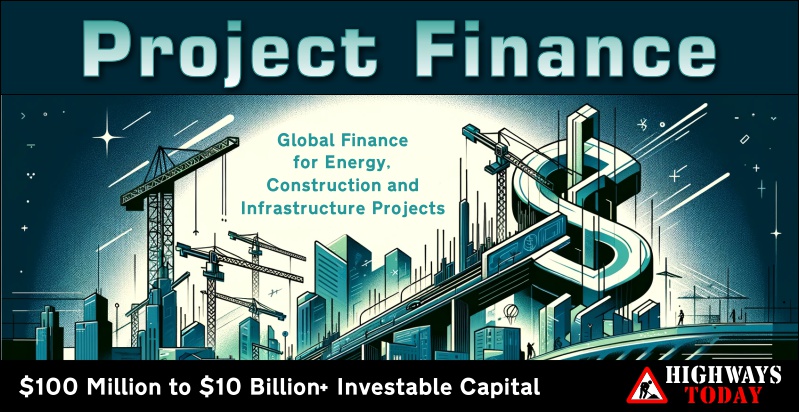A Guide to Navigating Project Finance
In the intricate world of construction and development, the concept of project finance stands as a beacon for CEOs and CFOs looking to bring ambitious projects to fruition.
Contrary to the belief held by many executives, the success of obtaining finance does not solely rest on the robustness of a company’s balance sheet or tangible assets. Instead, it hinges on the ability to secure credible purchase agreements and partnerships.
The Cornerstone of Project Finance
Project finance is not just another funding mechanism—it’s a pivotal strategy that underpins the development of sectors ranging from hospitality to renewable energy. At its core, this financing model revolves around the project’s output and the contractual arrangements made with reputable off-takers.
Whether it’s a luxury resort or a state-of-the-art waste-to-energy plant, the financial structuring is based on the end purchaser’s reliability and market stature, not the proposer’s direct financial status.
Understanding the Financial Structure
Here’s how it generally pans out:
- Project Output and Buyers: The linchpin of any project financing deal is the entity committed to purchasing the output. This could be a renowned hotel chain under an Operations and Management Agreement (OMA) or a power utility company with a Power Purchase Agreement (PPA).
- Engineering and Construction Roles: The credibility of Engineering, Procurement, and Construction (EPC) contractors also plays a critical role, ensuring that the project is not only viable but also bankable.
- Financial Oversight: While proposers must demonstrate solid market knowledge and management acumen, their physical assets are less of a concern. Their main role is to manage the project effectively, essentially overseeing the investors’ funds.
Special Purpose Vehicles: A Financial Safe Haven
One of the most significant advantages of project finance is the use of a Special Purpose Vehicle (SPV). This financial construct ensures that the project proposers are shielded from financial liabilities, allowing them to retain majority ownership while the bulk of the financing is handled through private markets—think hedge funds, private equity, and family offices. Here’s why SPVs are a game-changer:
- Risk Isolation: SPVs help isolate financial risk to the project itself, protecting the overall financial health of the parent company.
- Regulatory Compliance: They make it feasible to comply with stringent financial regulations that might otherwise preclude traditional financing methods.
The Role of Private Debt and Equity Positions
It’s essential to grasp the nuances of equity and debt in project finance:
- Equity Contributions: Some investors may fund projects using profits from arbitrage trading, aiming to convert these into project equity. This can sometimes place proposers in a minority equity position, depending on the structure of the investment.
- Private Debt: The backbone of genuine project finance is private debt. It offers long-term, risk-mitigated returns. Investors often seek an equity kicker, but the primary control and profits typically remain with the project initiators.
Enhanced Security with Insurance Wraps
An often overlooked aspect of project finance is the security enhancement provided by insurance wraps. These financial products, backed by institutions like Lloyds of London, encompass A+-rated policies covering everything from site safety to contract fulfilment.
This not only boosts the investment’s attractiveness by equating it to fixed-income assets but also provides a layer of protection against unforeseen contingencies.
Connecting with the Right Partners
Highways Today provides a unique platform connecting project initiators with a network of reputable finance providers. Whether you’re looking to engage with private debt markets or utilize arbitrage trading for project funding, accessing the right partners is crucial.
Here’s what we offer:
- Access to Private Debt Providers: Linking you with the financial backing necessary to bring your projects to life.
- Arbitrage Trading Opportunities: Helping you leverage existing assets to secure the funding needed for your next big venture.
In conclusion, understanding and navigating the realms of project finance can dramatically alter the landscape for funding major projects. By moving beyond traditional dependency on asset-heavy balance sheets to a more nuanced appreciation of financial structures and partnerships, companies can unlock new opportunities for growth and innovation.
This strategic approach not only simplifies the financing process but also secures the financial stability necessary to undertake large-scale projects confidently and successfully.































